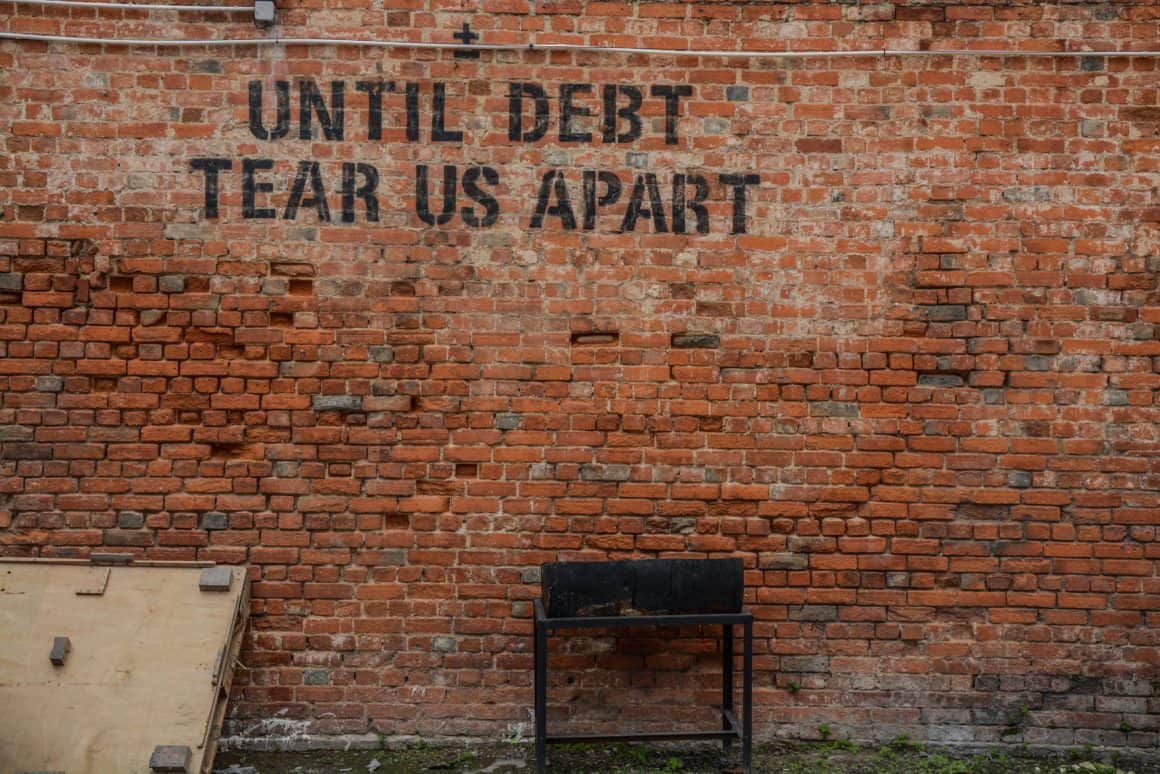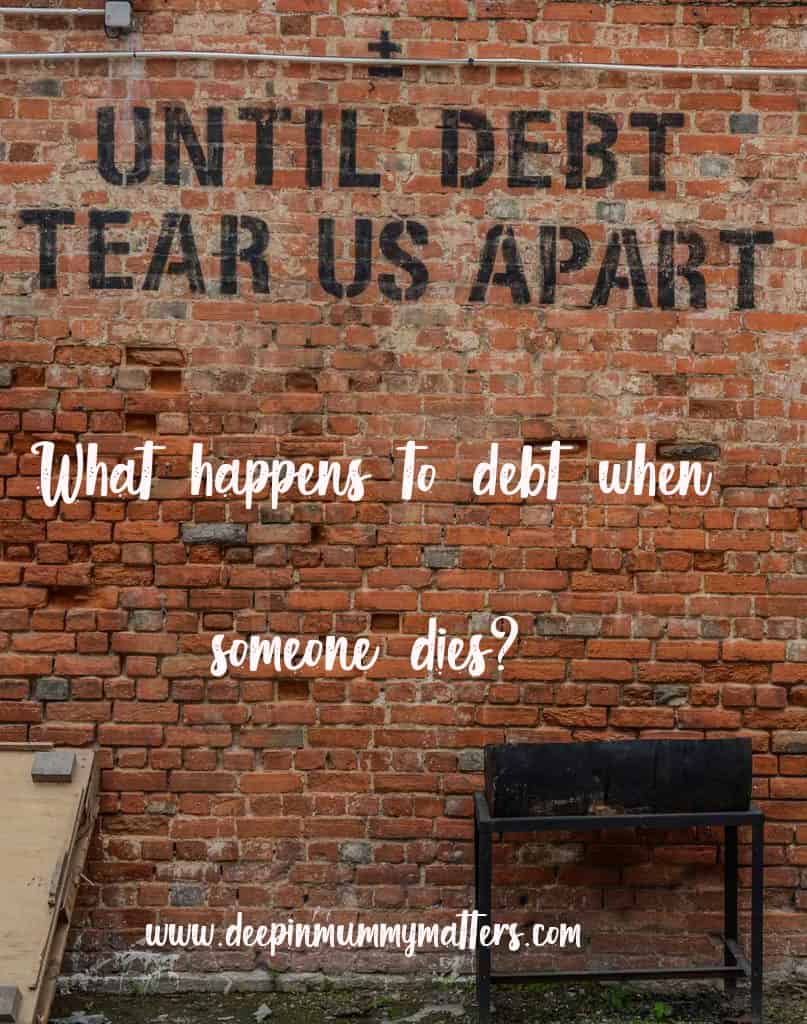What happens to debt when your parents, spouse or partner dies? Does the debt disappear, or can you inherit someone else’s debts? The answer depends on whether you are also liable for the debt.

When someone dies, the debt they leave behind them, whether credit cards or debt consolidation loans for poor credit, is settled by paying their creditors from the money or assets the person had when they were alive. This includes savings, investments, property, or any valuable possessions that could be sold.
Loved ones left behind, like yourself, only become responsible for the debt if you had a joint loan or agreement, or if you had provided a loan guarantee. If you didn’t do this, you won’t become responsible, although you may get less of the inheritance you expected if the estate has been used to pay off debts.
How debts are settled after death
When a person dies, their debts are paid from the remaining money left behind in their estate, which is all the cash, investments, and property that they owned. Assets like a car may also be sold for money to pay debts.
Any debts will need to be settled before any remaining money or property is distributed to relatives or anyone else named in the deceased’s will. If there is not enough money in the estate to pay off all the debts owed, a priority order will be established for creditors to be paid in a set order.
What is the priority for creditors?
The priority order is as follows:
- Debts that were secured against the home, like a mortgage
- Funeral costs
- Costs of administering the estate
- Unsecured debts, including credit card bills or arrears in rent or Council Tax
If you know there isn’t enough money left in the estate to settle all your loved one’s debts, you should seek legal advice to help you come to an agreement with their creditors. You should also contact HMRC to make sure there are no outstanding tax bills.
Where to get help
There are many organizations that can help you and offer advice if you need help when a relative dies and leaves debt behind. You could contact a debt advice charity, National Debt Advice, National Debtline, the Citizens Advice Bureau, or the CCCS for help.
If debt collectors are contacting you and hassling you for debt repayments that you are not responsible for, follow the complaints procedure for harassment. Make a note of who contacted you, and keep records of any contact made, then report them to the Financial Ombudsman Service.
Some debt collectors may try to pursue you for a debt owed by someone else, even if you are not the one who is legally liable for it. Remember that unless there is a financial link, you are not responsible for it and do not have to pay. Again, contact the Financial Ombudsman Service for help if this is happening to you. Do not pay a debt you are not responsible for.

